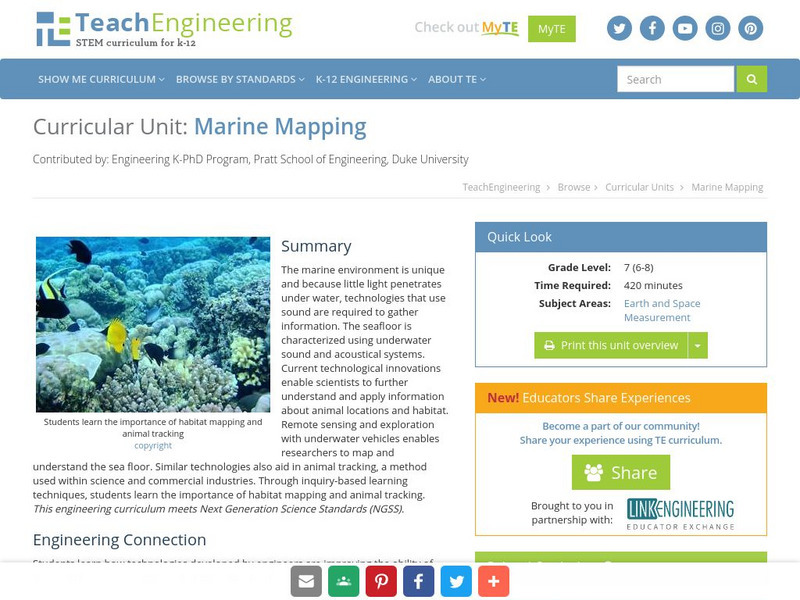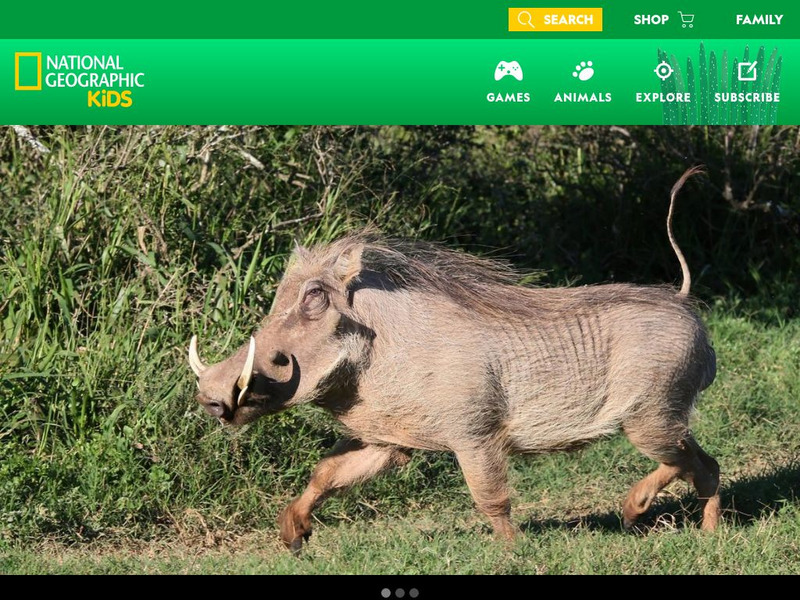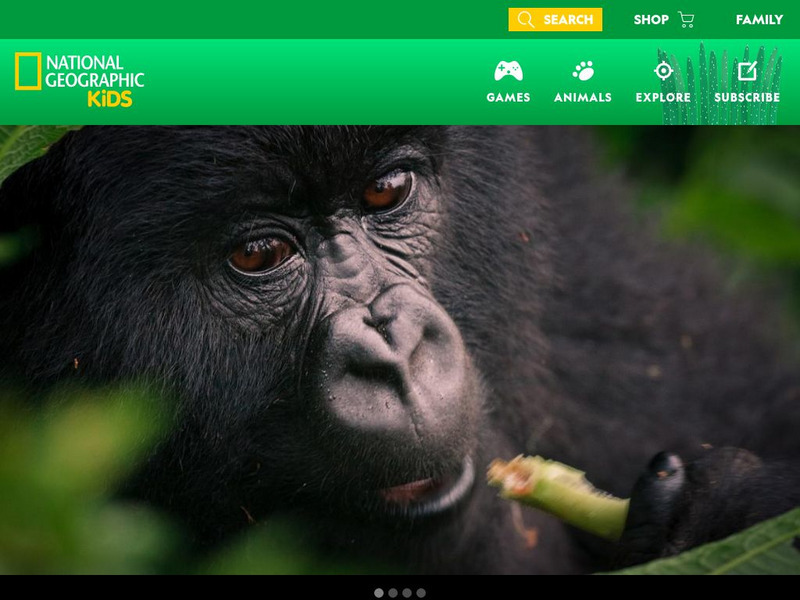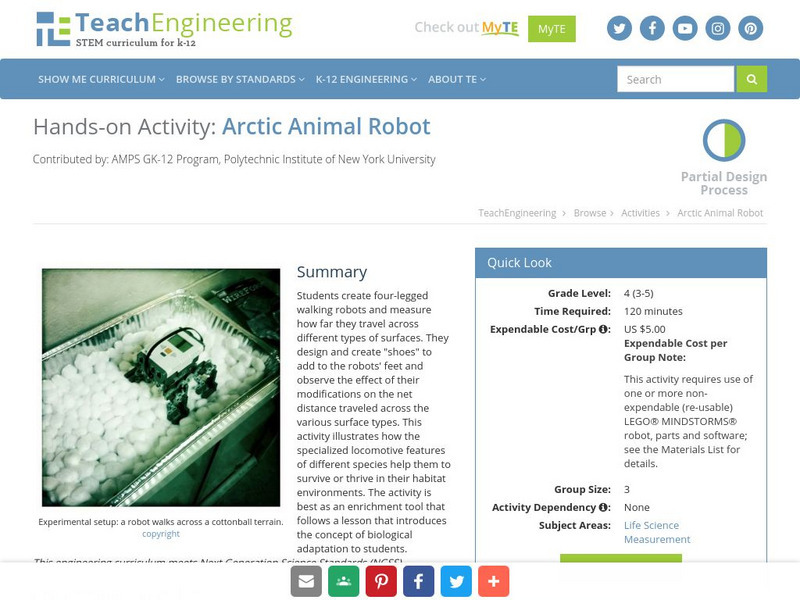Hi, what do you want to do?
Cornell Lab of Ornithology
Habitat Network: At a Community Garden
Learn how to make a sustainable plot as part of a community garden.
Cornell Lab of Ornithology
Habitat Network: Container Gardens
Learn how to maximize the wildlife in a small space by planting a container garden.
Cornell Lab of Ornithology
Habitat Network: Food
Find out about different birds' food preferences, and how those affect their habitats.
Cornell Lab of Ornithology
Habitat Network: Coastal
Learn about coastal habitats, and how to help support nesting shorebirds.
Cornell Lab of Ornithology
Habitat Network: Bog Wetlands
Find out why bogs are one of the most unique and fascinating types of wetlands in North America.
Cornell Lab of Ornithology
Habitat Network: Bioswales for Stormwater Management
Find out how to bring life, diversity, and usefulness to something as common as a drainage ditch.
Cornell Lab of Ornithology
Habitat Network: On a Farm
Learn about the effect that agricultural advancement has had on bird diversity in those environments.
Cornell Lab of Ornithology
Habitat Network: Snags: Nature's Apartment Complexes
Find out why the sometimes hazardous or untidy dead trees are actually quite important to wildlife.
Cornell Lab of Ornithology
Habitat Network: Making 'Messy' Look Good
Get some tips and tricks on making a landscape not only beautiful but ecologically relevant.
Cornell Lab of Ornithology
Habitat Network: Desert Cacti: Fruit Producing "Trees"
Find out why native fruit-producing trees and shrubs are essential components of diverse habitats.
Other
Project Wild: Aquatic Times [Pdf]
Teach students to be more aware of issues surrounding aquatic animals and their habitats. Includes lesson, extension activities, and evaluation ideas.
TeachEngineering
Teach Engineering: Marine Mapping
The marine environment is unique and requires technologies that can use sound to gather information since there is little light underwater. The seafloor is characterized using underwater sound and acoustical systems. Current...
TeachEngineering
Teach Engineering: Life Science
This unit covers the processes of photosynthesis, extinction, biomimicry and bioremediation. In the first lesson on photosynthesis, students learn how engineers use the natural process of photosynthesis as an exemplary model of a complex...
National Geographic Kids
National Geographic Kids: Animals: Warthogs
"Many scientists believe there are two species of warthogs." Learn all about warthogs in this multi-media site. Video and audio clips as well as other web links make this a great site for student research projects.
National Geographic Kids
National Geographic Kids: Animals: Mountain Gorillas
A nice multi-media National Geographic site with video and audio clips about mountain gorillas. Fun facts about the gorillas include information ideal for research projects.
Penguin Science
Penguin Science: Penguins Marching Into the Classroom
Follow Adelie Penguin families as they raise their chicks. Daily pictures (November through January) from the penguin colony on Ross Island, Antarctica. are posted with data for students to keep a field journal. Inquiry classroom...
TeachEngineering
Teach Engineering: Arctic Animal Robot
Students create four-legged walking robots and measure how far they travel across different types of surfaces. They design and create "shoes" to add to the robots' feet and observe the effect of their modifications on the net distance...
National Geographic Kids
National Geographic Kids: Animals: Hippopotamus
Multi-media National Geographic site includes video and audio clips about hippopotamuses. Fun facts are great for students doing research projects and you can send a postcard to a friend.
National Geographic Kids
National Geographic Kids: Animals: Orcas
Orcas, more commonly known as killer whales, are featured on this multimedia site. These video clips, audio clips, photographs and facts will be very beneficial to students doing research projects.
National Geographic Kids
National Geographic Kids: Animals: Giant Panda
Students doing research projects on panda bears. Can find many resources such as facts, images, and video and audio clips.
CPALMS
Cpalms: Home Is Where the Heart Is: Researching Habitats
[Free Registration/Login Required] In this lesson plan, students will learn about different types of habitats as they gather information based on provided research questions. Students will summarize the information from their research in...
Friends of Algonquin Park
The Science Behind Algonquin's Animals: Moose
Information is provided on the moose, its general appearance, weight, migration, food sources, habitat, and major predators. This is excellent information for a student research project.
Alabama Learning Exchange
Alex: Beanie Baby Habitats Collaborative Project
With the booming market of "Beanie Baby" type stuffed animals being so prominent in students' lives, this project brings that interest into the classroom through the use of research, science, hands-on experiences, and technology. The...
Other
Zelda's Zany Zoo
This site leads students through the process of designing a new animal habitat for a local zoo. The students are guided through the entire process, from design to presentation. A rubric is also provided for a self-evaluation of the...
Other popular searches
- Habitat Project Shoe Box
- Animal Habitat Projects
- Habitat Project Rubrics
- Habitat Project Polar Bear
- Desert Habitat Project
- Group Habitat Project
- View Habitat Project
- Habitat Project Ocean
- Science Habitat Project
- Space Habitat Project
- Ga Habitat Project





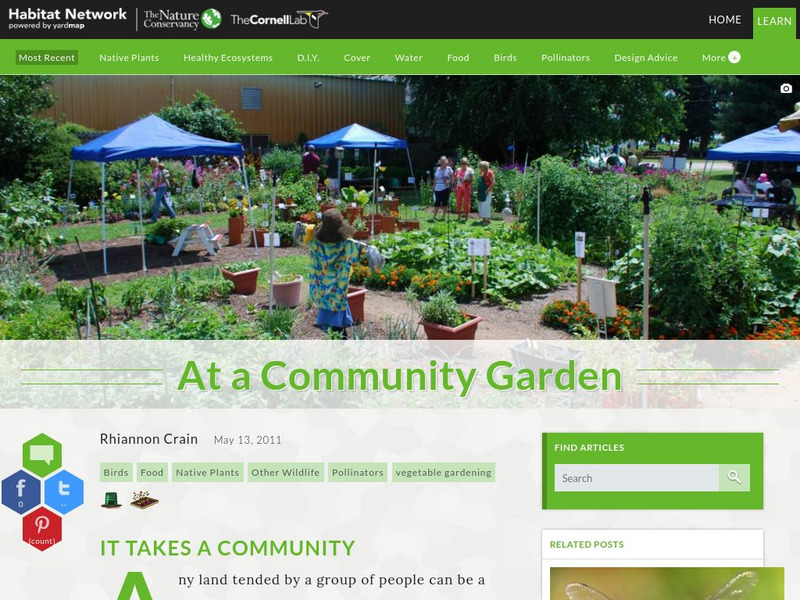
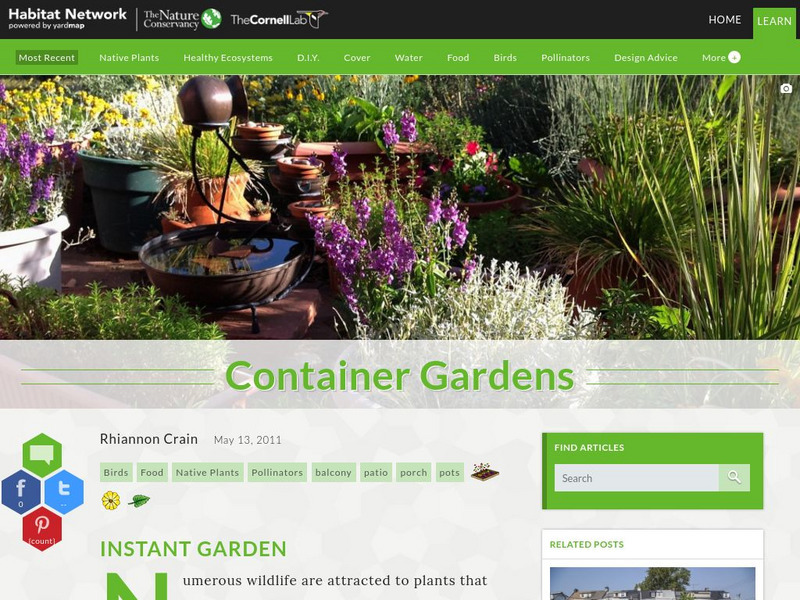

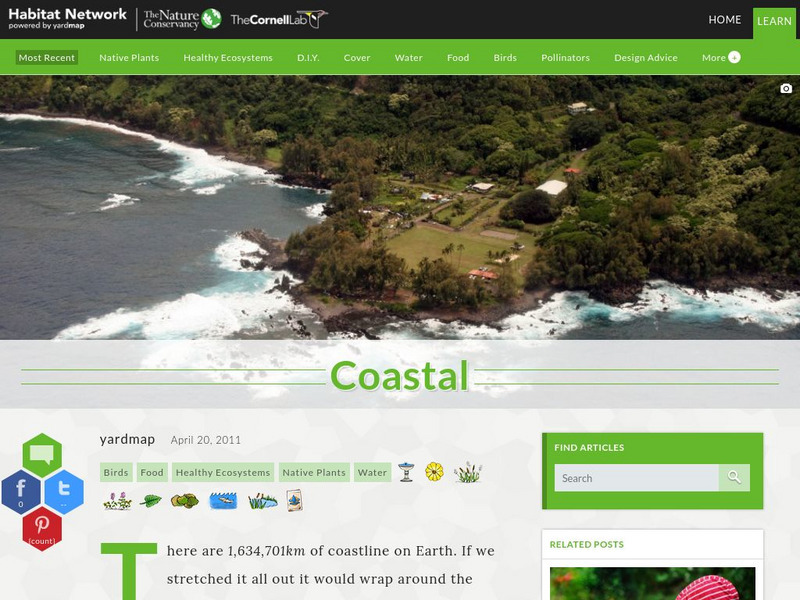

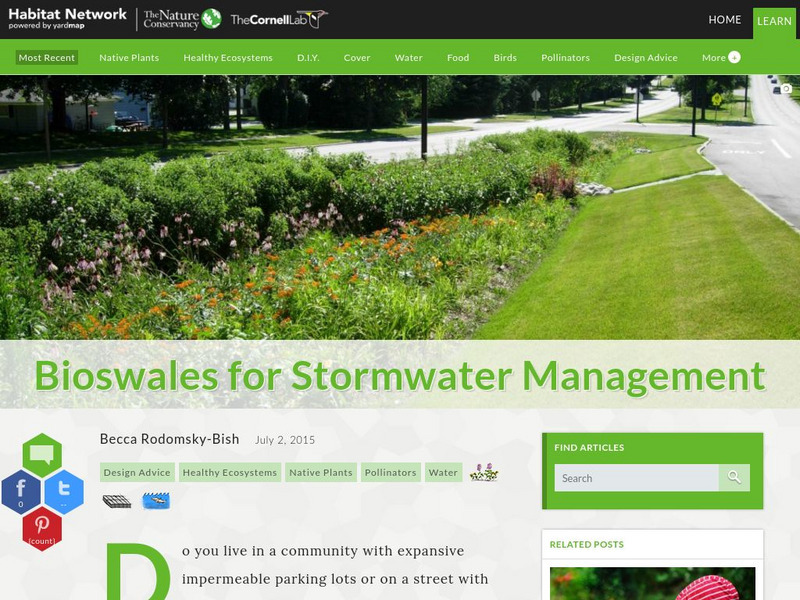


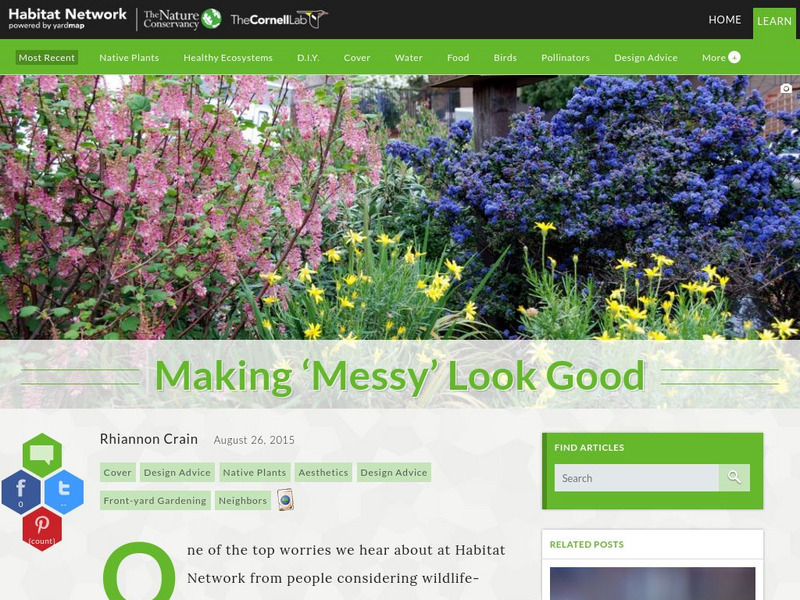
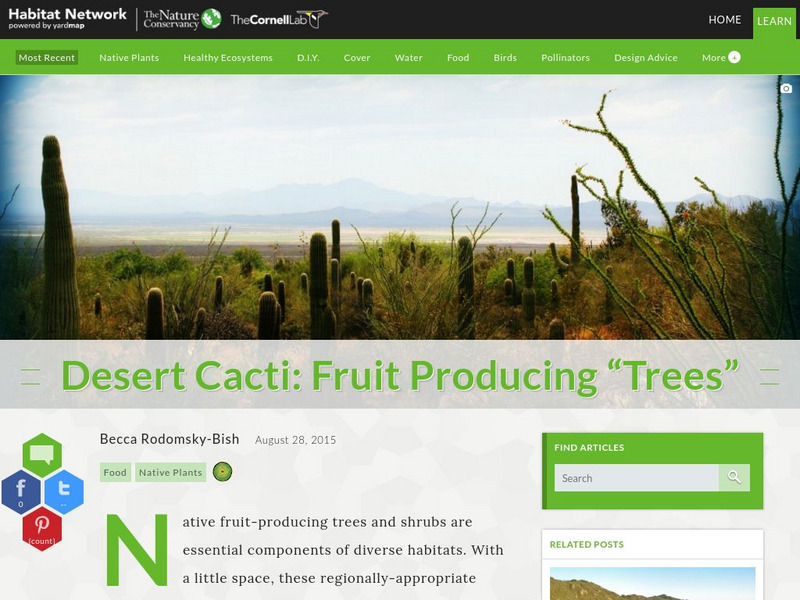
![Project Wild: Aquatic Times [Pdf] Lesson Plan Project Wild: Aquatic Times [Pdf] Lesson Plan](https://static.lp.lexp.cloud/images/attachment_defaults/resource/large/FPO-knovation.png)
